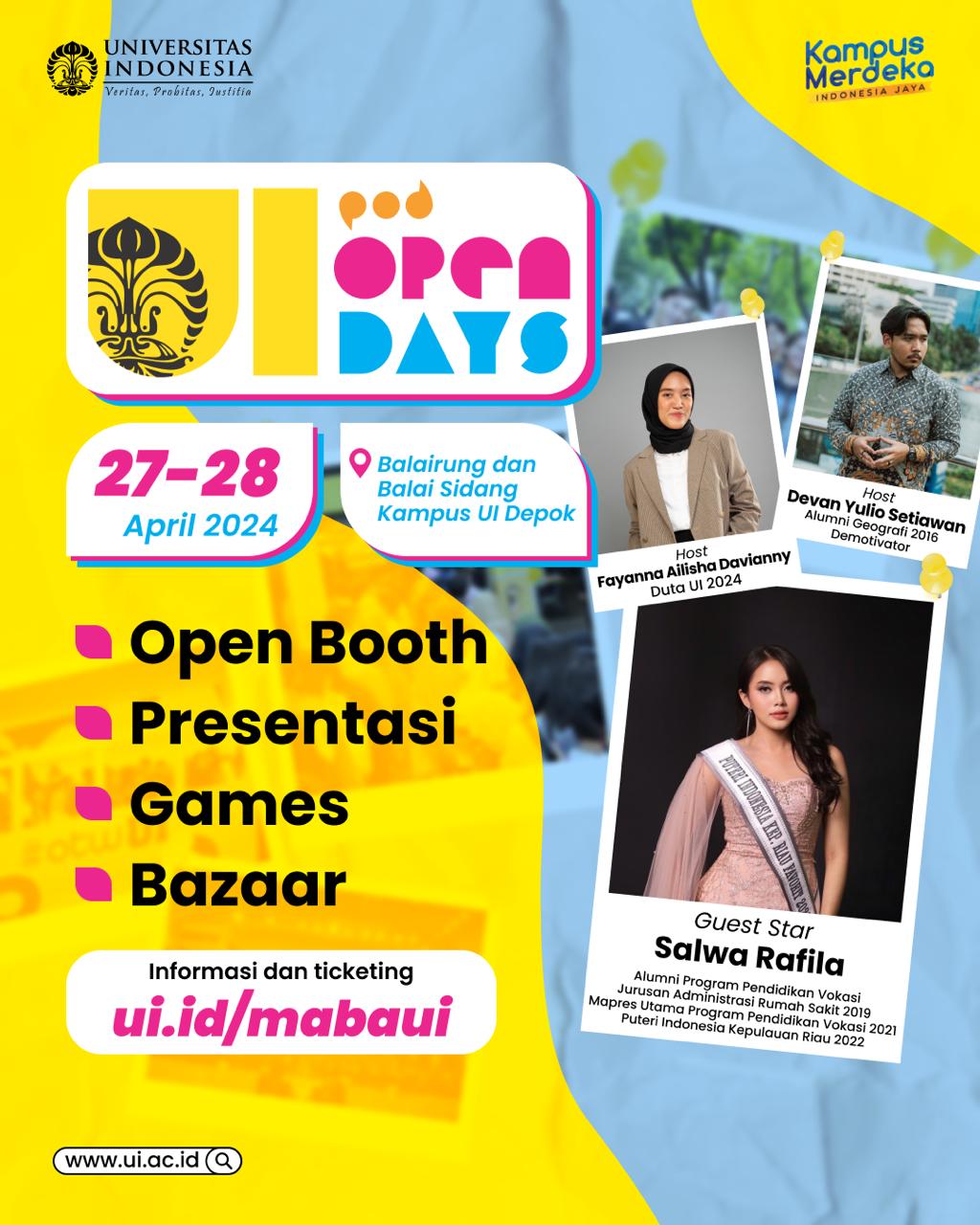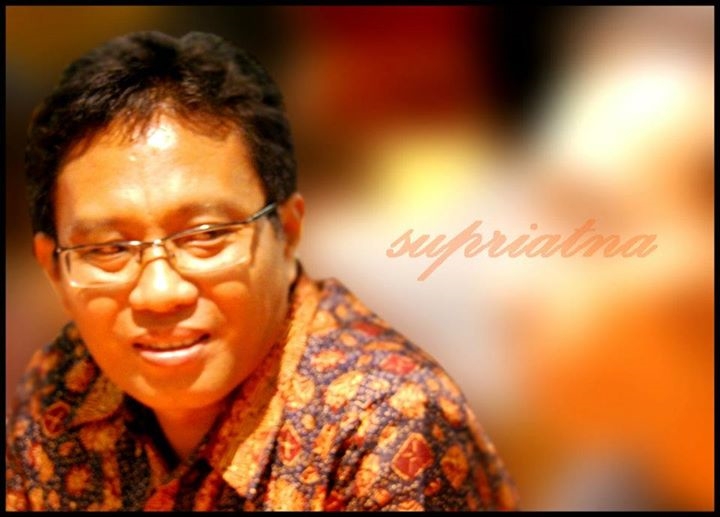Prof. Dr. dr. Martina WS Nasrun, Sp.KJ Subsp.Ger (K) was inaugurated as Professor of Psychiatry, Faculty of Medicine UI after delivering a scientific oration “Quality of Life for Indonesian Elderly in the Technological Era: Challenges and Efforts for Mental Health – Body, Happiness, Independence and Prosperity (Towards Indonesia 2045)”. The inauguration was held on Wednesday (6/3), in the IMERI Hall, was led directly by the UI Chancellor, Prof. Ari Kuncoro, S.E., M.A., Ph.D.
In her speech, Prof. Martina explained the condition of the elderly population in Indonesia and the challenges currently faced. Based on data from the Central Statistics Agency (BPS) in 2023, elderly in Indonesia amount to 11.75% of the total population. This means around 30 million of the 270 million are elderly (older population). From this figure, a demographic burden ratio of 17.08% was recorded, which means that every 100 people of productive age (15–59 years) bear 17 elderly people.
Elderly people who are dependent financially, health, motor, or cognitive are likely to experience depression due to their helplessness. This condition of depression apparently causes older people to experience dementia 2.3 times more than those who are not depressed. In addition, elderly people who suffer from physical disorders, such as diabetes mellitus, hypertension, cholesterol, and heart disease, have a greater risk of dementia.
Dementia is a decline in cognitive/intellectual function that impacts a person’s social and work function. This disorder changes behavior and feelings, thereby reducing the quality of life of people with dementia (ODD) and their caregivers. Mental health problems that occur in the elderly are loneliness, insomnia, and irrational use of drugs, including polypharmacy and OTC (over-the-counter, purchased without a doctor’s prescription).
According to Prof. Martina, the incidence of loneliness-depression-dementia can be prevented through early detection and optimal management of individuals. The depression prevention program begins by reducing loneliness, increasing the resilience of the elderly, and social activities and support. It is important to provide technological literacy to the elderly so they can survive in this technological era.
Digital literacy is necessary for the elderly because it helps increase the affordability of health services. Technology can support caregivers and reduce health and social care costs. Scheduling and confirming healthcare appointments is done via wireless devices, as is accessing medical records. Using technology and the internet as a communication tool indirectly reduces loneliness in older people.
Currently, the FKUI-RSCM Psychiatry Department Research Team is developing an e-Health Care application called Pandu-Ina, an application to help caregivers for people with dementia. The Pandu-Ina application has received intellectual property rights, and research is currently testing its effectiveness on the quality of life of ODD and their caregivers. We expect this application to help improve the health of the elderly.
“It is very important for the elderly to maintain their health to achieve demographic bonus in 2045. A healthy lifestyle is needed, such as the GERMAS program launched by the Indonesian Ministry of Health. “The culture of this program is carried out by implementing a SMART lifestyle, namely checking health, no smoking, exercising, having a balanced diet, getting enough rest, and managing stress,” said Prof. Martina.
Other research of Prof. Martina are Technological Acceptance and Features Needed in Mobile Health Apps Development for People Living with Dementia and Their Caregivers in Indonesia (2024); Translation, Validity, and Reliability of the Brief Questionnaire on Smoking Urges (QSU-Brief) in Indonesian (2024); and Relationship Between Quality of Life of People with Dementia and Their Caregivers in Indonesia (2021).
Prof. Martina completed her professional medical education (1986), Psychiatry Specialist (1995), and Doctoral Medical Education Program (2007) at FKUI. In 2005, she completed his Psychogeriatric Consultant training at the Collegium of the Indonesian Psychiatric Medicine Association. Currently, she takes a role as Head of the Geriatric Psychiatry Division, FKUI-RSCM Psychiatry Department, Medical Staff at the RSCM Mental Health Department, Teaching Staff at the FKUI Psychiatry Department, Researcher at the IMERI FKUI Neuroscience and Brain Development Cluster, and the RSCM Integrated Geriatric Team.



